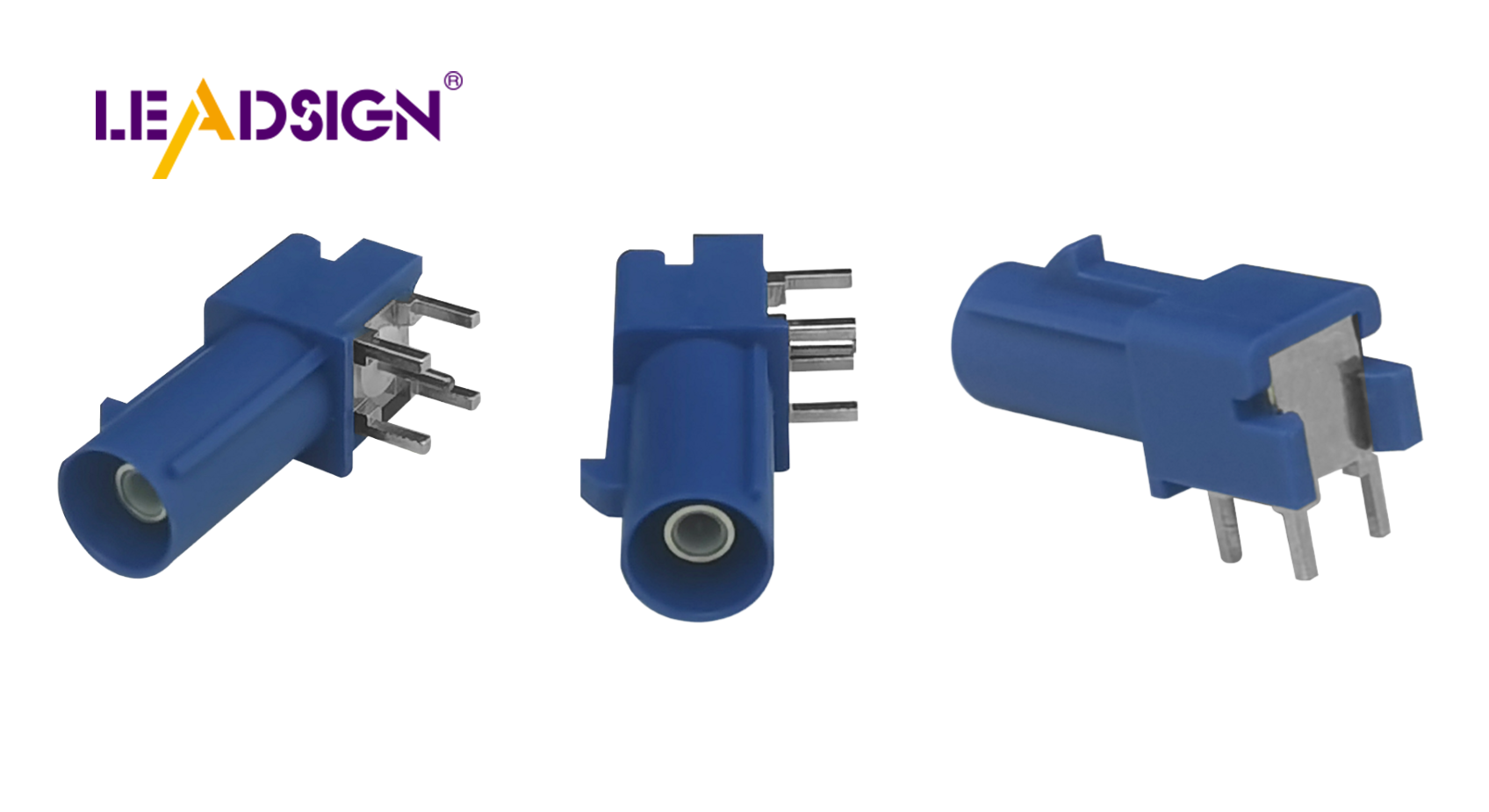How to Identify Automotive Electrical Connectors Types for Replacement

Finding the right automotive electrical connectors types is crucial for maintaining the functionality and safety of your vehicle. Whether replacing broken connectors or upgrading to higher quality ones, selecting the appropriate type is essential to ensure proper fit and performance. With various shapes, sizes, and pin configurations available, identifying the correct automotive electrical connectors types can be challenging due to the demanding conditions they face and frequent usage. Understanding these variations is key to selecting the precise connectors for your automotive electrical needs.
Understanding Car Electrical Connectors
When working with car electrical connectors, know their parts. This helps you find and change them easily.
Main Parts of Connectors
Pins and Terminals
Pins and terminals are key parts of a connector. They carry electricity and connect different car systems. These parts come in many sizes and materials like copper or brass. Their job is to send electric signals well across the car's systems.
Housing and Locking Parts
The housing and locks keep pins safe. They make sure connectors stay put even when cars shake or move a lot. Housings are made from plastic or metal to protect against weather. Locks stop connectors from coming apart by accident, which could cause problems.
Common Car Electrical Connector Types
Knowing different connector types helps you pick the right one.
Blade Connectors
Blade connectors are very common. They have a flat piece that fits into a slot. They're used in lights and radios because they work well.
Bullet Connectors
Bullet connectors look like bullets. They're easy to plug in or out and hold tight connections. You see them in engines where strong links matter.
Multi-pin Connectors
Multi-pin connectors have many pins in one piece. They're used where lots of signals need sending at once, like in new car tech.
By knowing these parts and types, you can choose the right connectors for your car, keeping it safe and running well.
Steps to Find Connector Types
Finding the right car electrical connectors is important. It helps your car's electric parts work well. Follow these steps to find the correct connector for replacement.
Looking Closely at Connectors
First, look closely at the connectors. This helps you learn about their looks and details.
Finding Maker Marks
Check the connector for maker marks. These might be logos or numbers that tell who made it. They are usually on the connector's cover or near pins. Knowing these can help you get the right part.
Checking Shape and Size
Next, check how the connector looks and its size. Car connectors come in different shapes like square or round. Measure them to be sure they fit right. Look at how many pins there are and how they're set up, as this is important for a good match.
Using Tools to Help Identify
If looking doesn't give enough info, use special tools to find out more about connectors.
Guides and Books
Guides and books are helpful tools. They have pictures and details of different car connectors. Compare your connector with those in guides to narrow choices down. Many makers have online books too, making it easier to find what you need.
Apps for Identifying
Apps can help identify connectors easily. You put in details like pin number and shape into the app. It then searches its list to suggest matches. This makes finding connectors faster and simpler.
*Talking with experts can also help when it's hard to identify connectors.*
By using both looking closely and tools, you can find the right car electrical connectors you need. This keeps your car's electric parts working well.
Criteria for Connector Replacement
When changing car electrical connectors, think about some key things. This helps make sure the new connector works well and lasts long. This part will help you check your old connectors and pick the right new ones.
Checking Connector Condition
Before changing a connector, see how it is now. This shows if you need to replace it.
Signs of Wear and Damage
Look for cracks or rust on connectors. These mean the connector might not work well. Bad connectors can mess up your car's performance. Cars face tough conditions like heat and shaking, which wear out parts fast. Check often to find problems early.
Testing for Electrical Continuity
Check if electricity flows through the connector using a multimeter. If it doesn’t flow well, change the connector. Even if it looks okay, it might not work right.
Picking the Right Replacement
Choosing the right new connector keeps your car’s electric system working.
Compatibility with Vehicle Systems
Make sure the new connector fits your car's systems. Match pins, shape, and size with the old one. Different types have special setups, so find one that fits just right.
Quality and Durability Considerations
Pick strong connectors made from good materials for tough use in cars. Scientific Research Findings say they must handle rough roads and hot or cold weather. Good quality means they last longer and break less often.
By checking old connectors carefully and picking good replacements, you keep your car’s electric systems working well for a long time.
Finding and changing car electrical connectors takes a few steps. First, look at the connectors closely. Then, use tools to help identify them. Check their condition too. Using the right connectors is important for your car's safety and how well it works. Test Equipment Operator says new connectors last longer and work better in tests. Automotive Designer notes that picking parts for tough conditions makes cars safer and more fun to drive. If it's hard, ask an expert for help. They can give advice to keep your car working well and safely.
See Also
Exploring Ford Fakra Connectors in Depth
Understanding HSD Connectors in Automotive Sector
Significance of FAKRA Connectors in Auto Uses

